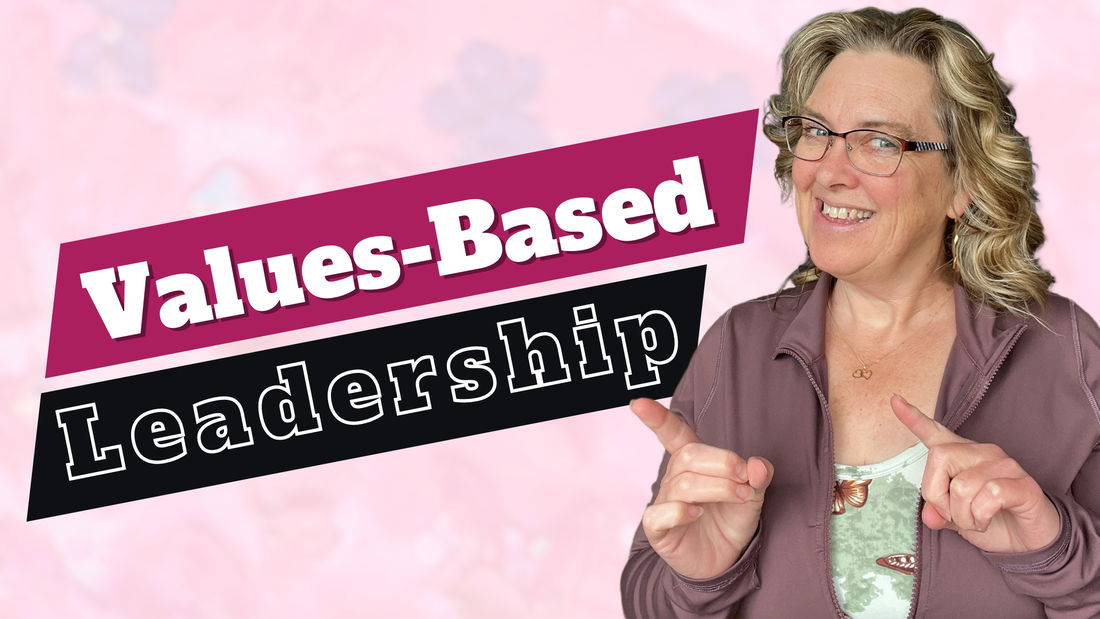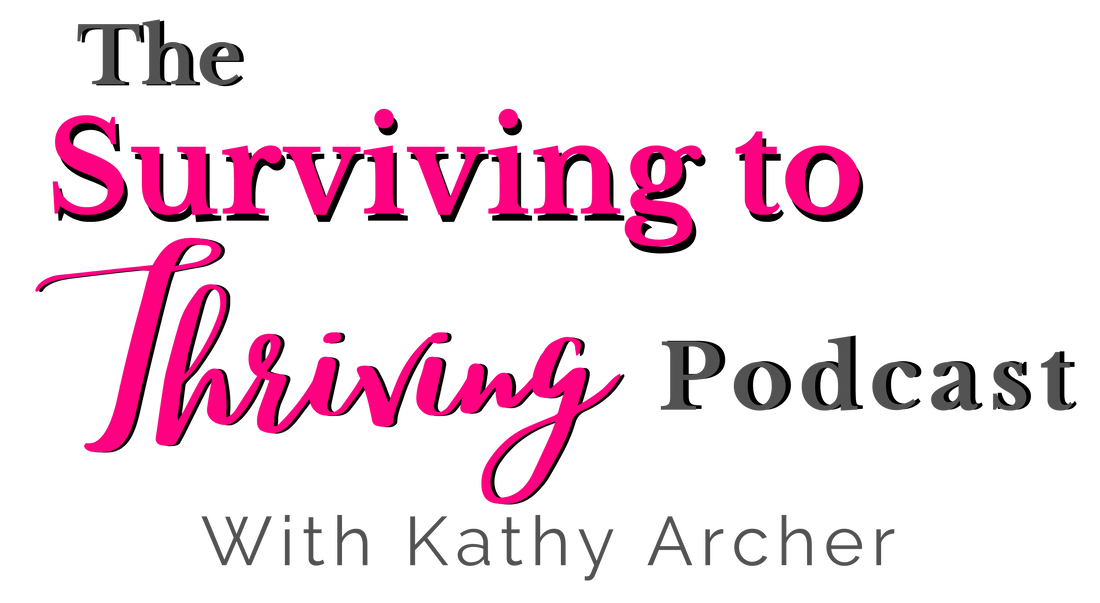|
Understanding and honouring your values is crucial to a leader with authenticity and integrity. As a non-profit leader, your values serve as the guiding principles that shape your decisions, actions and the overall direction of your organization. Here are some examples of how your values may clash with others, get in the way of your work or cause you to feel inner turmoil. Potential values clash: When hiring new staff: Your values of diversity, inclusivity and fairness may rub up against your value of efficiency when the diverse hire has less experience and will take more upfront work to become an efficient worker. You'll have to decide which way to lean, knowing one of your values will need to be deprioritized, which makes you feel icky. Fundraising events Perhaps in your organization, the typical fundraising event includes alcohol. However, you have strong values around addictions and supporting those with addictions and minimizing alcohol at social events. Now you need to communicate that to your board, which heavily relies on this event for program funding. Program Development You value well-thought-out decisions and take time to think critically about the risks, steps and impact. However, others on your team are frustrated with your need to pick apart everything and want to move the decision-making process along more quickly. These differences are creating tension. Conflict Resolution Maybe your open communication, respect, and fairness values guide your approach to conflict. Others, who are uncomfortable with conflict, see your approach as aggressive, and they become defensive or shut down. Now the tension is building rather than diminishing. Organizational Culture You may value trust, teamwork, and personal growth and want to focus on those elements to foster a positive and inclusive work environment. And, there is no time. You are short-staffed, find yourself running from meeting to meeting and struggle to find the time to connect in a meaningful way with your team embers. In each scenario, taking the time to reflect on your values can help you make decisions and take authentic, aligned, and impactful actions for yourself, your team, the organization and the communities you serve. But only if you are self-aware and take time for self-reflection. Values identification is an ongoing process Your values and what they mean to you change over time. Understanding how your values fit into your life and how you define them will also evolve. Therefore identifying your values is not an exercise completed once in your life. Instead, you must return to your values and review them regularly. Verifying your values is more than a sit down once; power through and figure it out exercise. It also needs time, energy and curiosity. The work will be reflective, thinking and pondering. It will be emotional work as you explore memories and possible scenarios. You won't fully understand your values in one chunk of time but over time. So come back to the process of verifying your values again and again. Each time you do, you will deepen your understanding of what your values really mean to you and why they are so important. The steps to identify your values 1️⃣ List your top values 2️⃣ Define what your values mean to you 3️⃣ Determine how your values show up in your leadership and life 4️⃣ Create a system for knowing if you align with your values or are off-kilter 5️⃣ Rinse and repeat 🟡 Step # 1 - Identify Your Values There are no right or wrong values. Remember, they change, and how you define them may change. Also, this is the first glance. You will be going deeper, so how you name and describe your values may change as you do that. 🟪 Review the list of value words found here
To confirm that you have nailed your values, look for an emotional connection.
Reminders about identifying your values
🟡 Step # 2 - Define what they mean to you Now it's time to take a deeper look at your values. Those words you circled are just that, words. But what do those words mean to you? Consider these questions:
An example of how values show up For example, you may know that it is important for you to keep the peace. You value cooperation and collaboration. So despite differences on a team, you have a habit of smoothing things over. Over time you may notice your underlying irritation building with one team member as you work together on a project. You keep trying to collaborate, cooperate and keep the peace but feel frustrated each time you walk away from that conversation. This agitation may be because your value of harmony keeps you from addressing a conflict with that peer. But now, that conflict has morphed, and you feel anything but harmonious! Maybe you come from a long family of fighters. Yelling matches at the supper table was the norm. Over the years, you became the peacemaker working to create harmony wherever you could. Now that pattern of behaviour is showing up at work. And it's not always helpful. What's more, you don't even realize how that one word that means so much to you, harmony is actually what is causing you grief! Until you unpack what harmony really means to you NOW, you won't be able to use it effectively to live. You don't have to go to counselling or therapy to move forward. Although, please, if you need it, get help. There is nothing shameful about resolving your unresolved childhood or adulthood stuff! The bottom line is that you need to become more aware of how that value creates belief and ways of engaging now and consciously decide what you want to do about it. The verification process You must explore different facets of your values to help you flesh out what you mean. Remember, this is exploratory work, reflective work and emotional work. As you explore your values, here are some questions to consider:
🟡 Steps # 3 - 5 ● Determine how your values show up in your life ● Create a system for knowing if you align with your values or are off-kilter ● Rinse and repeat Determining how your values show up in your leadership and life and creating a system for knowing if you align with them or are off-kilter takes more time and intentional self-reflection. Stay with it, and over time you'll become clearer and find your values are guiding you more and more. 🆘 Extra help to verify your values In Values Verification, I walk students through exercises to identify their values and create a working definition of what that value or word group of values means to them. We explore how you use your resources to express your values (i.e. time, money and energy) and how to live and lead aligned with values. The course is one of many courses in The Training Library membership site. Do the inner work and use your values as your guide Values are the glue that holds us together, the things that we hang our decisions on, the place that we get furious when they aren't upheld and the thing that makes us feel at peace and content when they are really honoured. But again, values are not simply a word. Instead, values are deep-held beliefs etched into our lives over time and through events.
0 Comments
Your comment will be posted after it is approved.
Leave a Reply. |

Available on Amazon
Archives
May 2024
|
|
Leadership TRAINING for Nonprofit Leaders
Become a confident and competent nonprofit Leader: Join The Training Library membership Executive and Leadership COACHING Leadership Coaching for Nonprofit Executives, Leaders and ManagerCoaching |
PODCAST for Nonprofit Leaders
The Surviving to Thriving podcast: Strategies, systems and support to lead your nonprofit with confidence FREE RESOURCES to Grow your Leadership Skills Free Leadership Training Resources, Worksheets and Templates |
Become a CONFIDENT LEADER
|




 RSS Feed
RSS Feed
